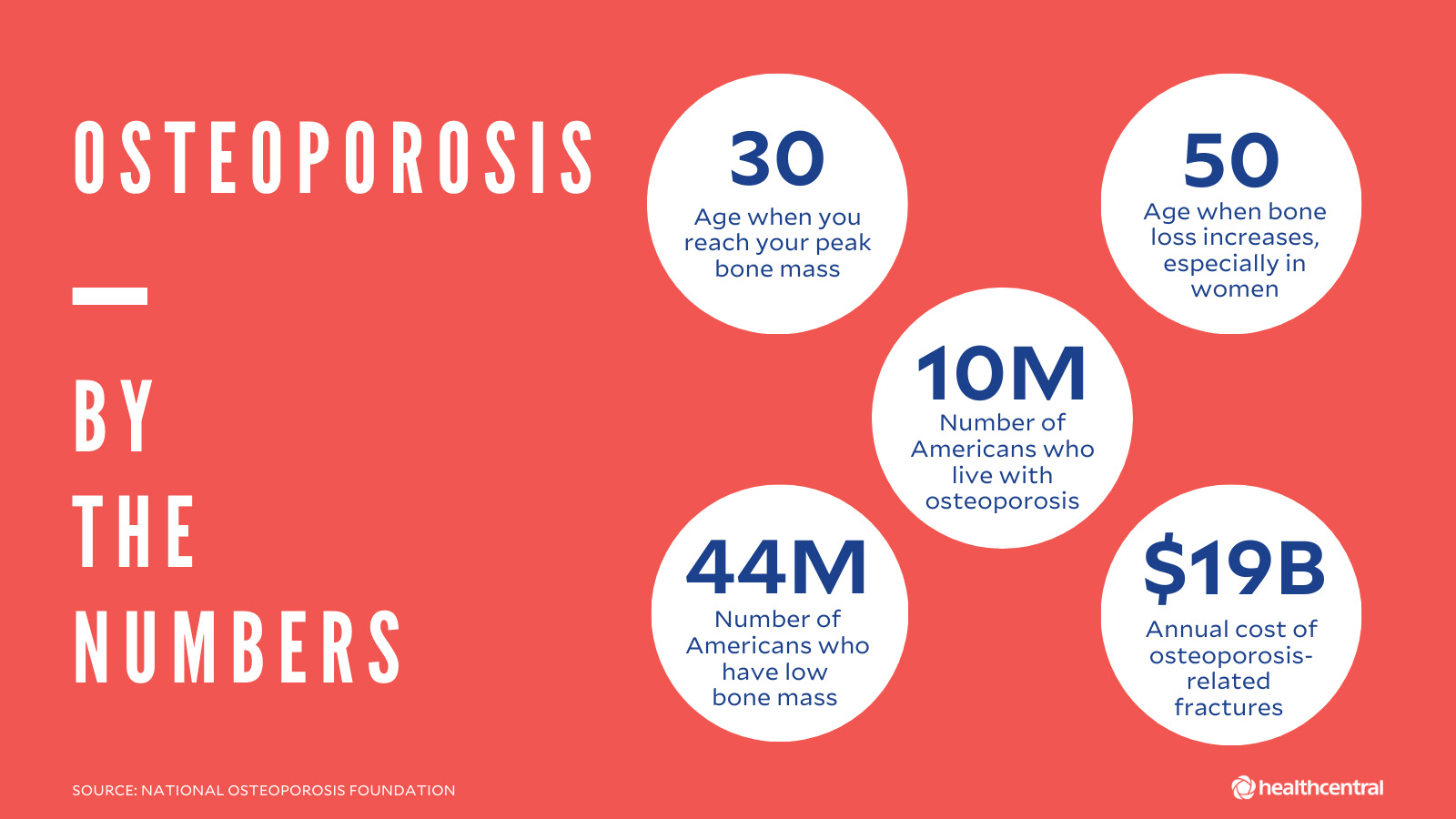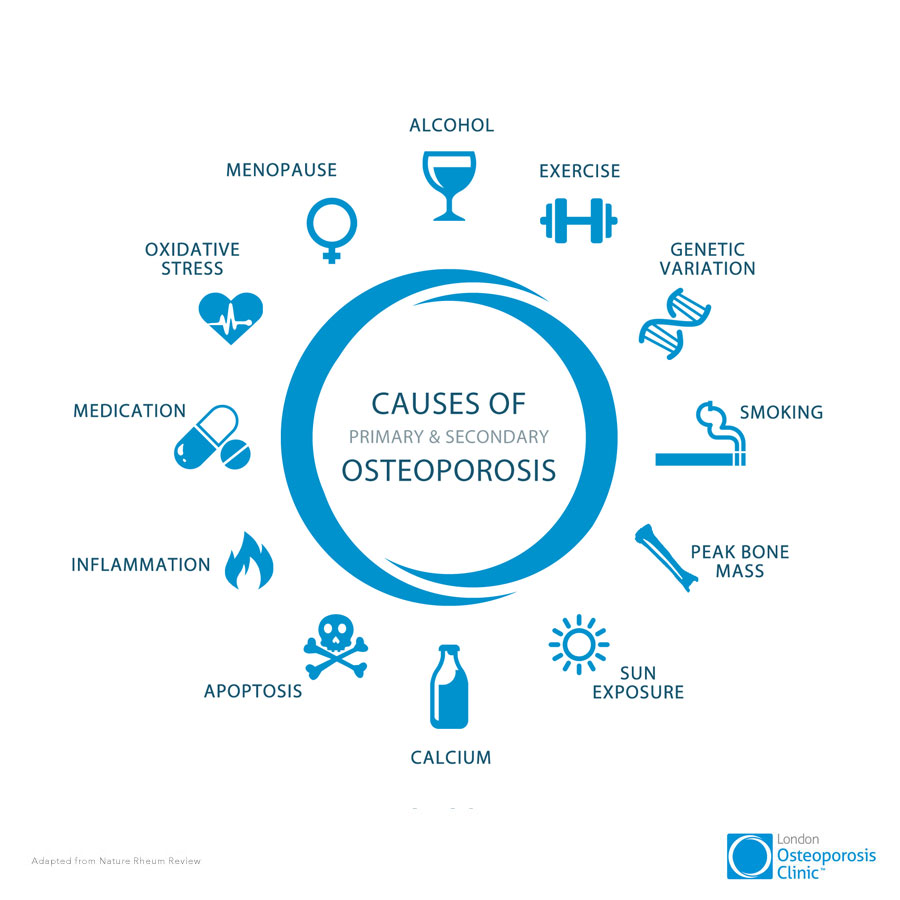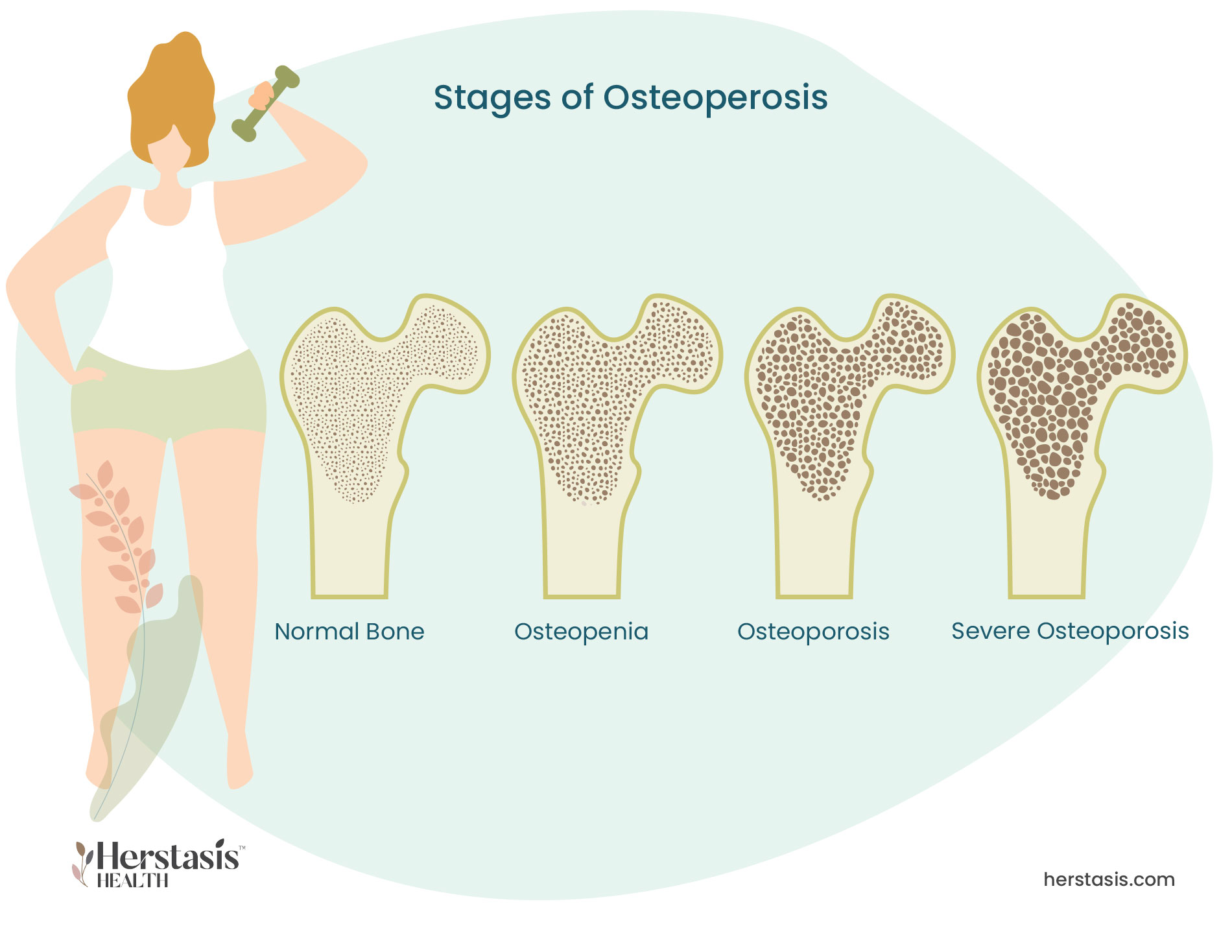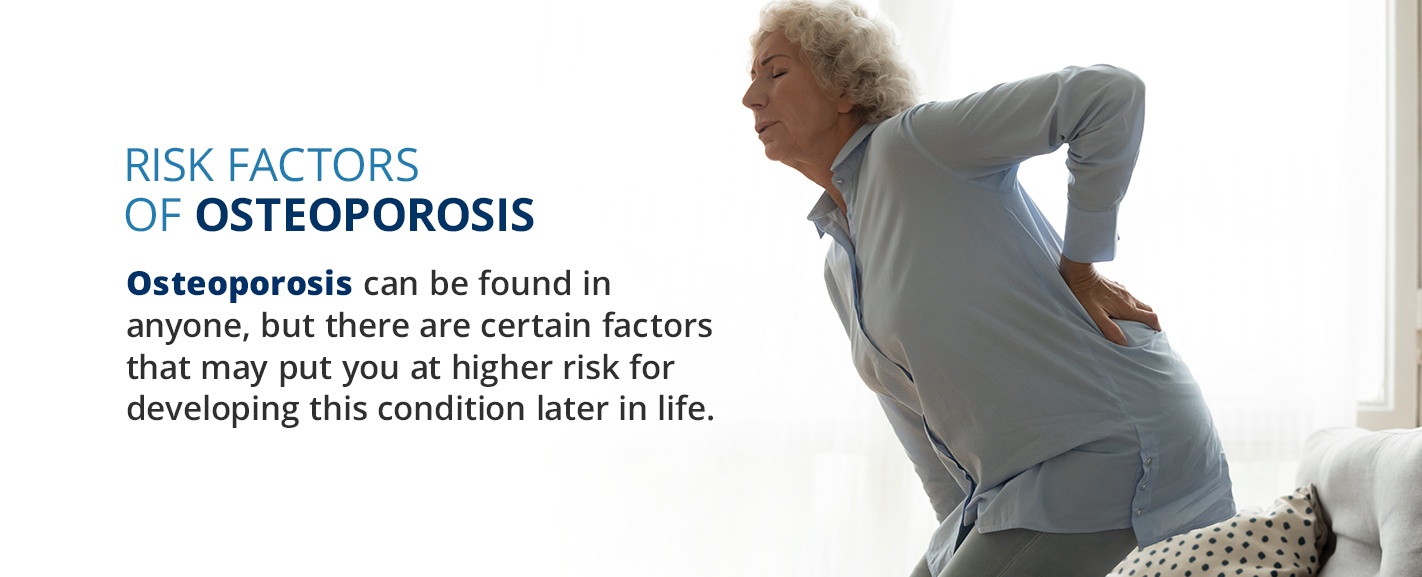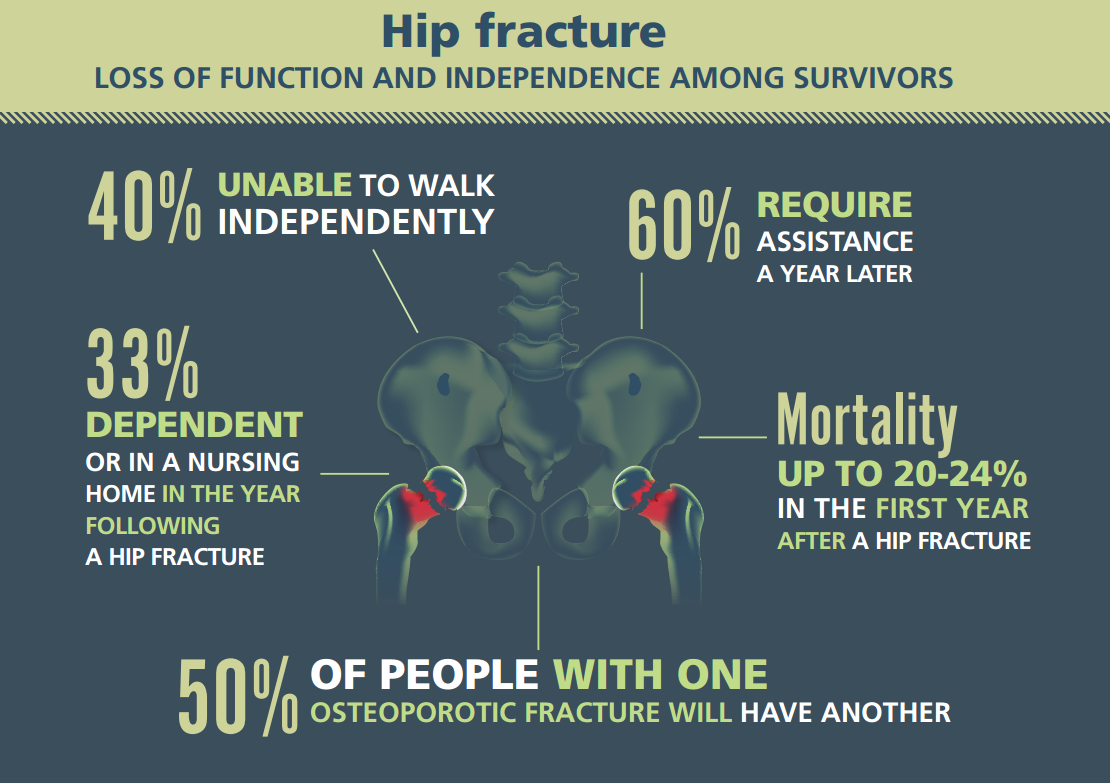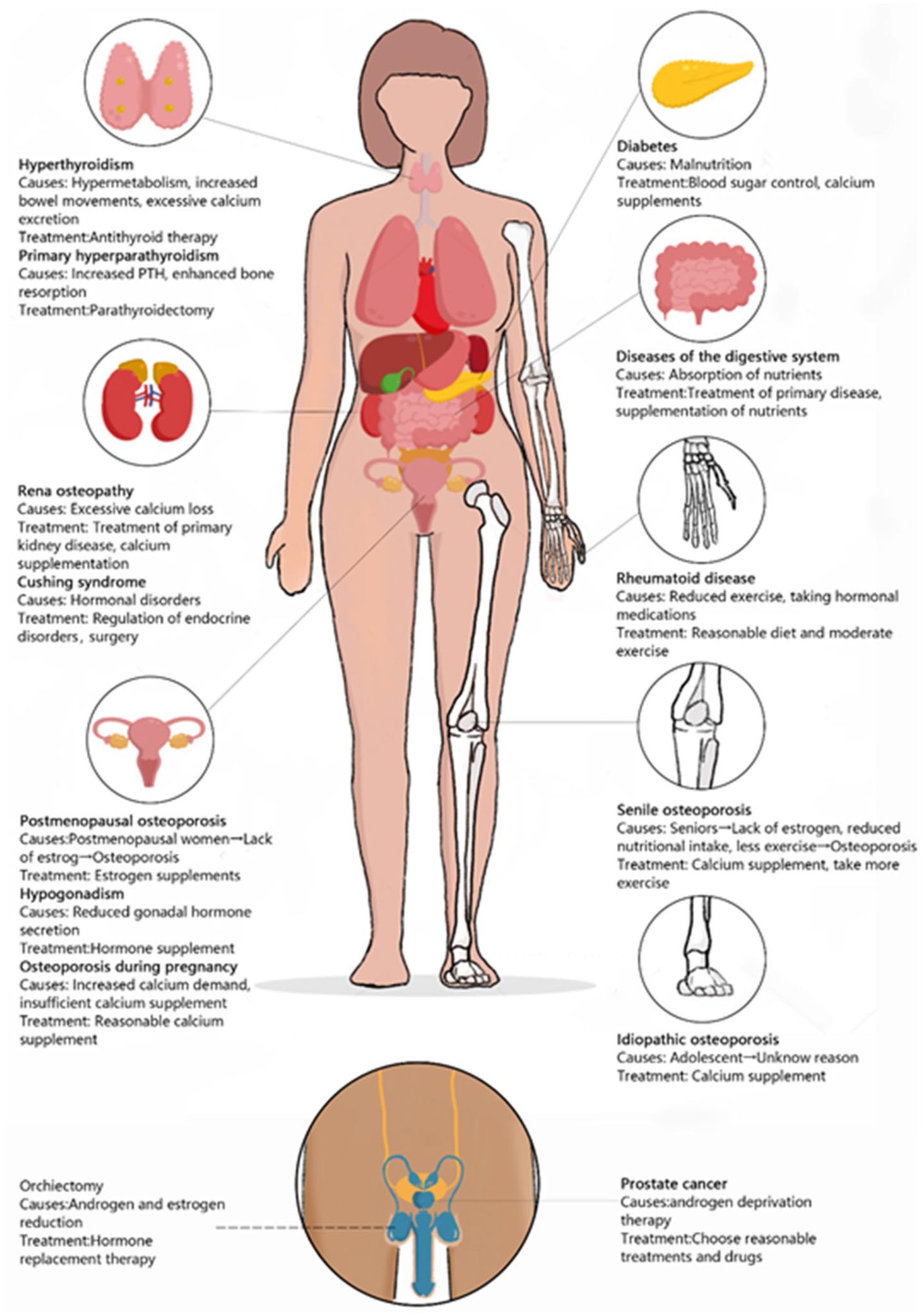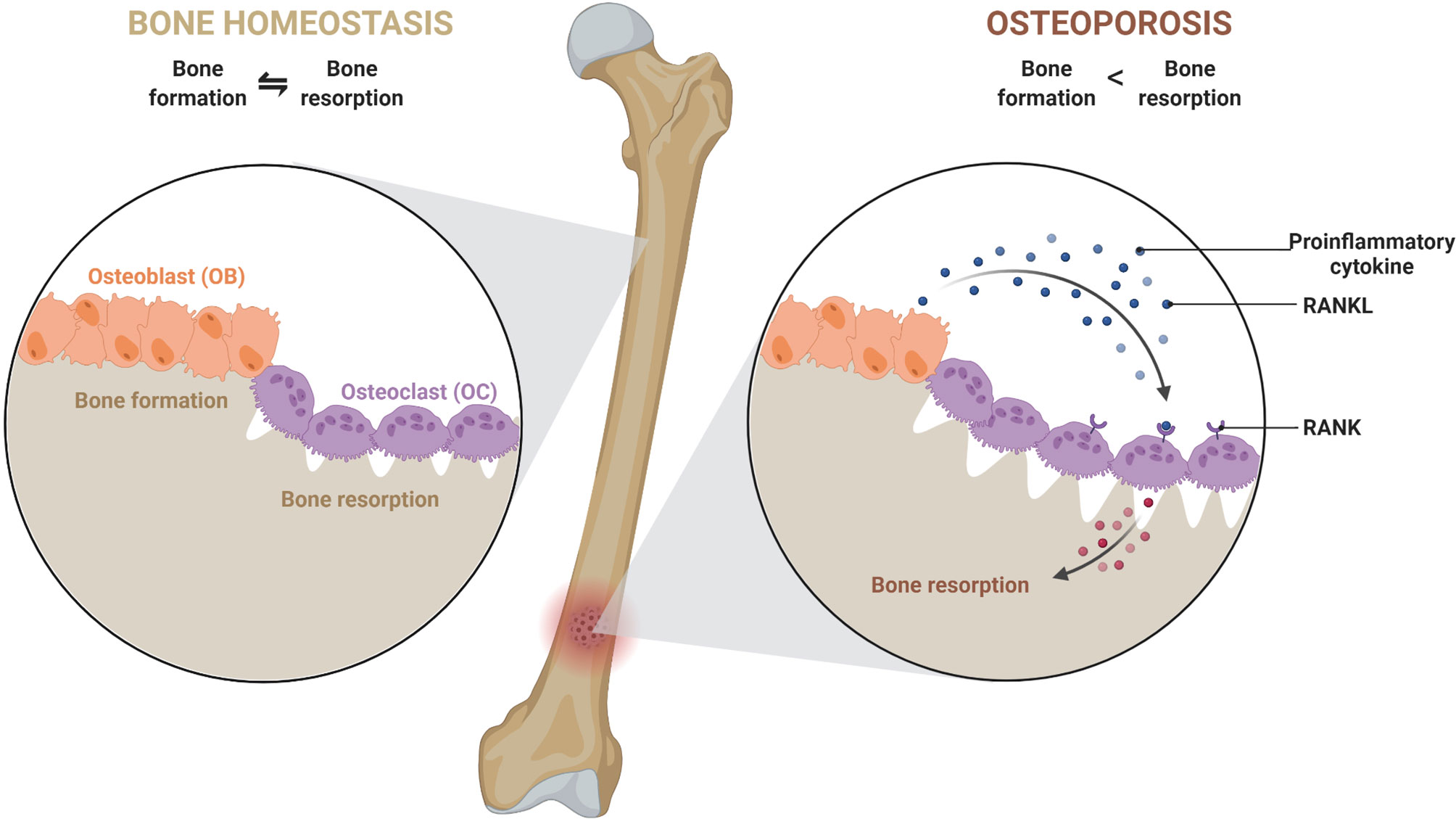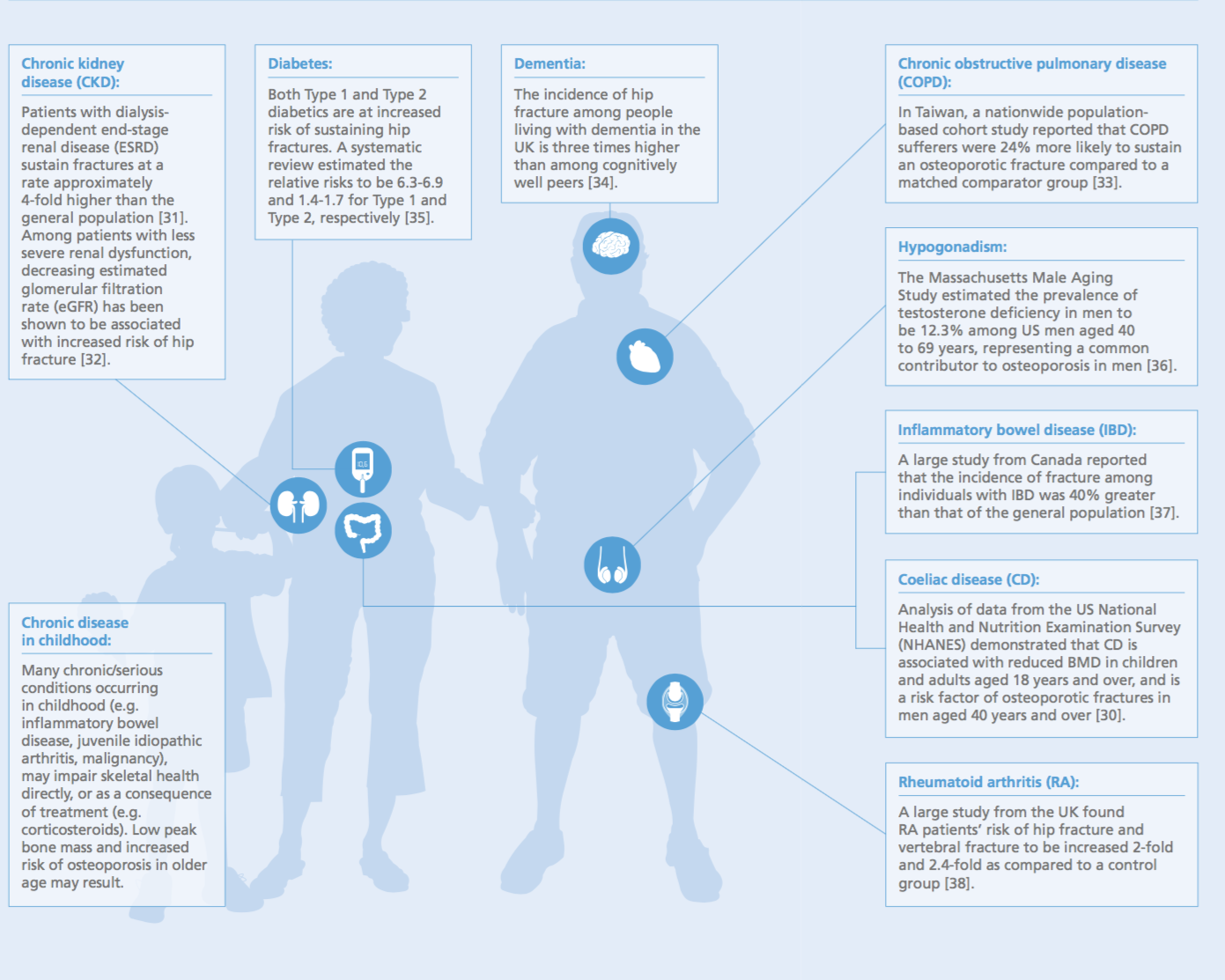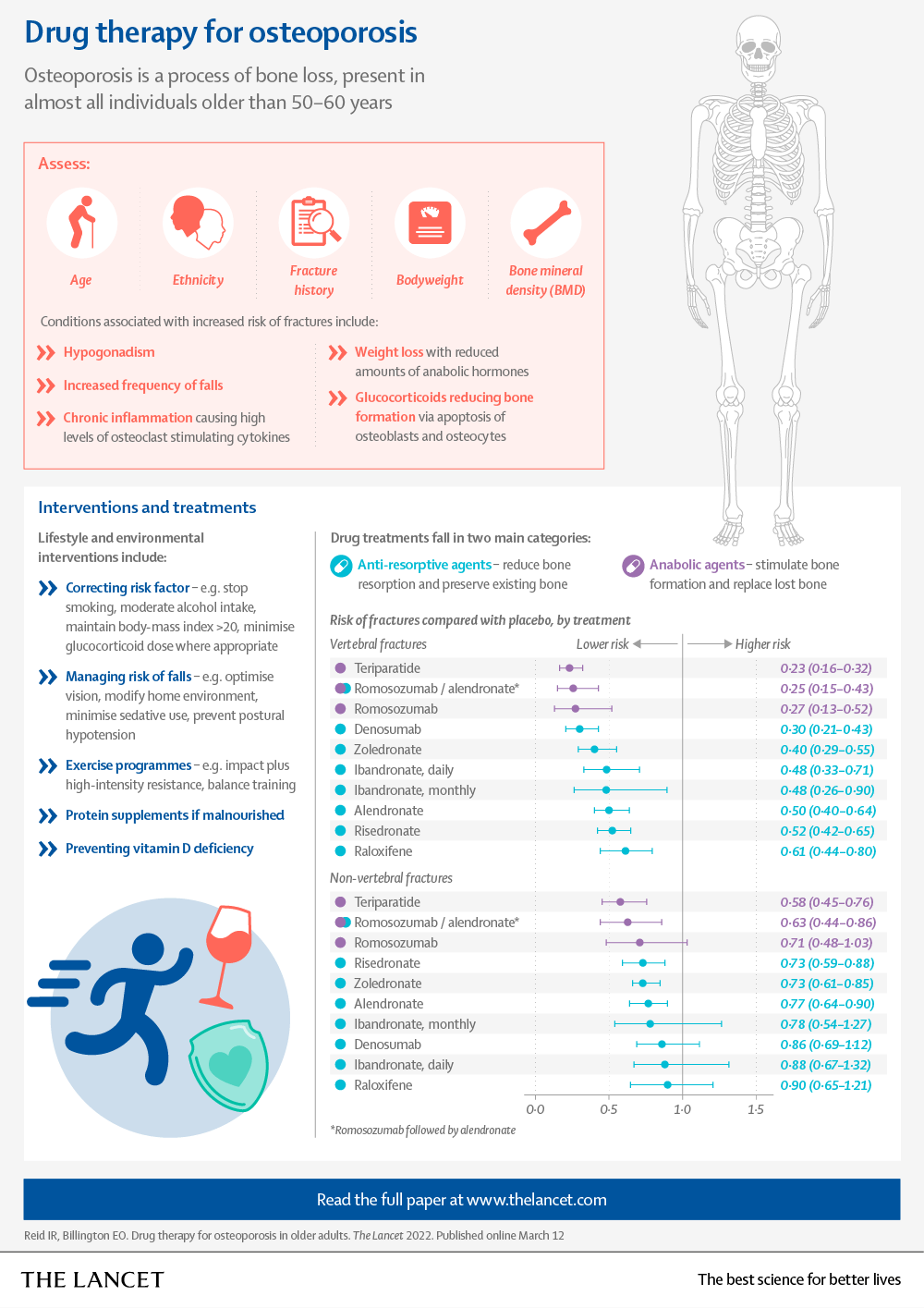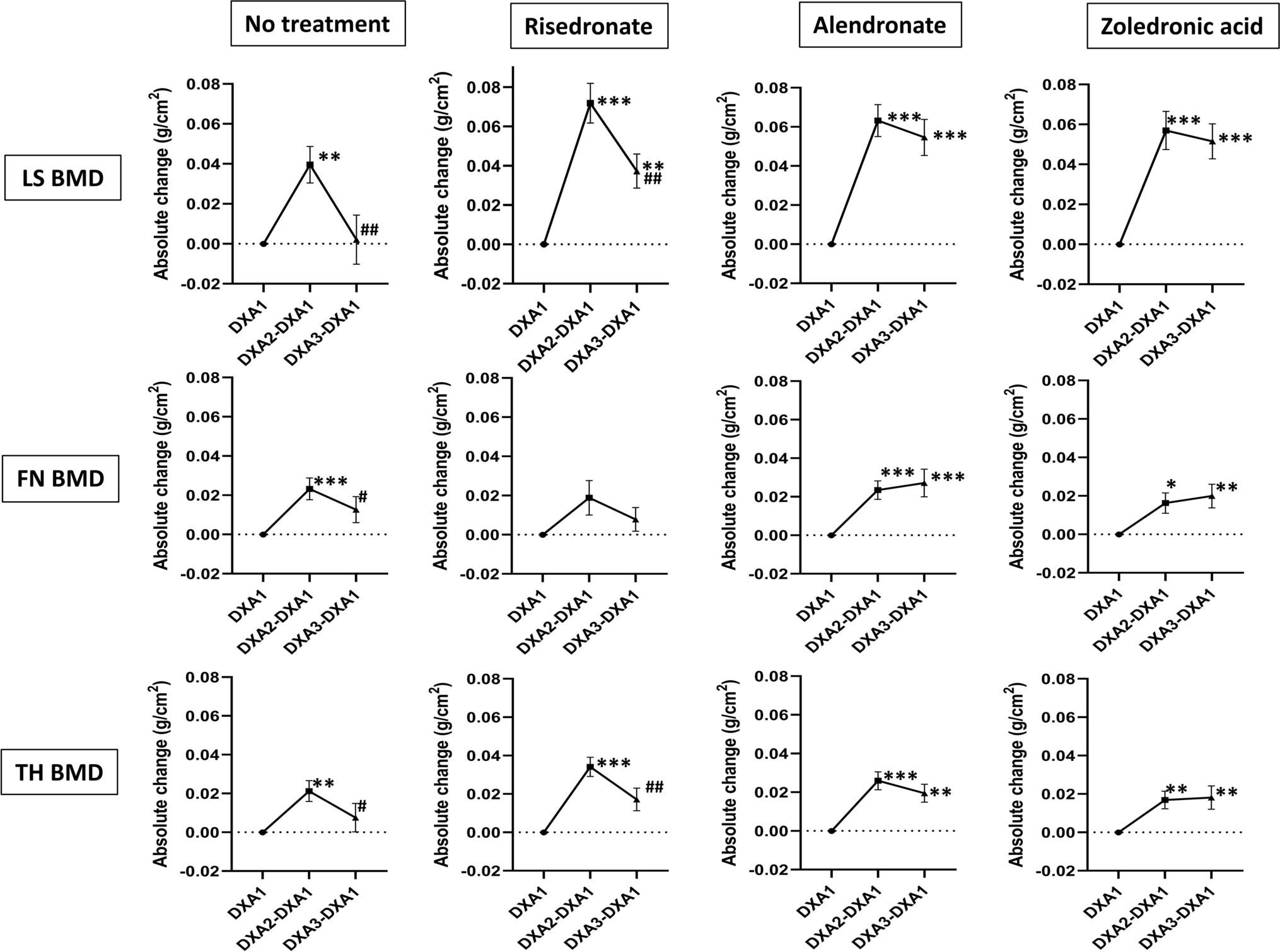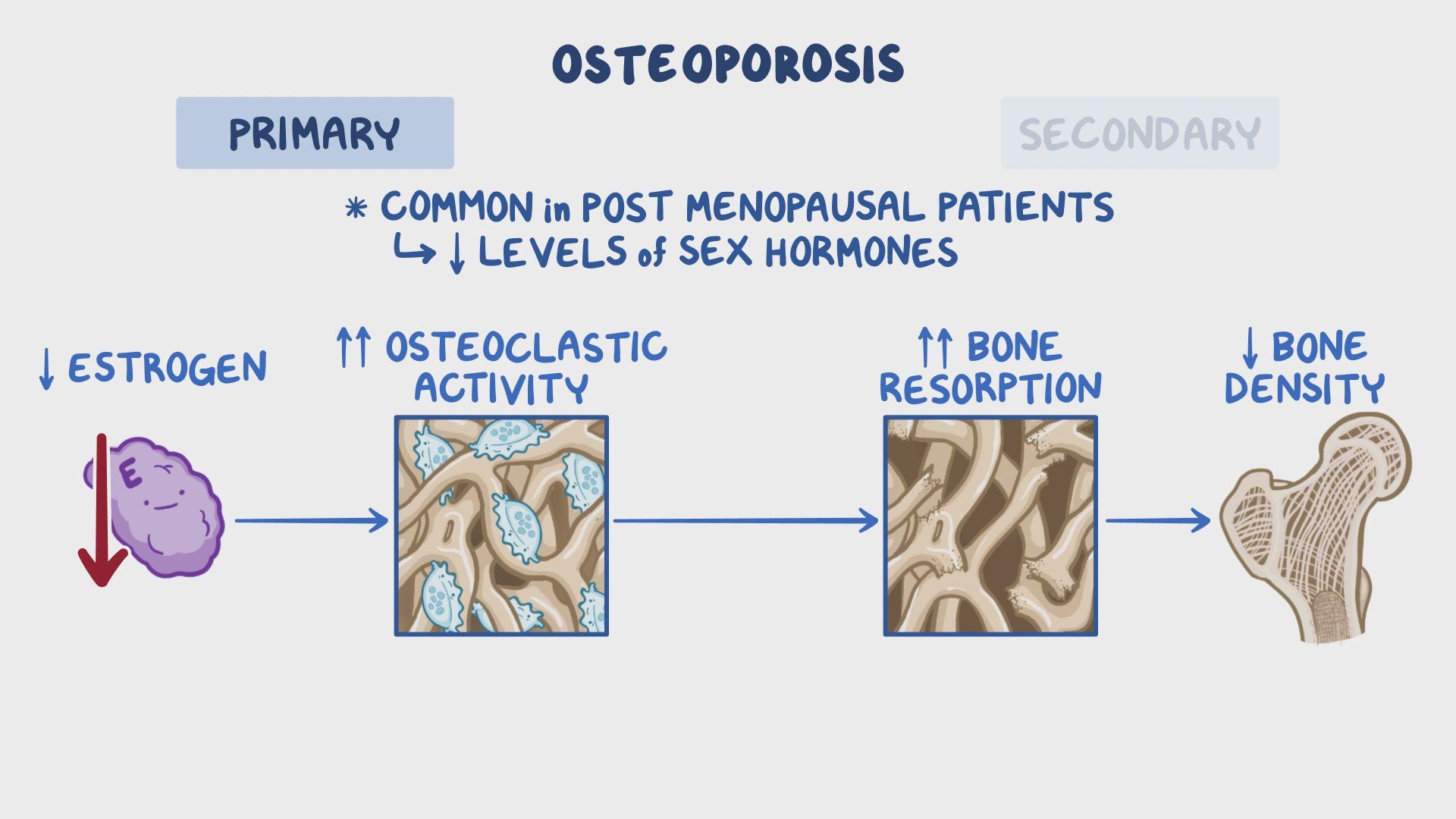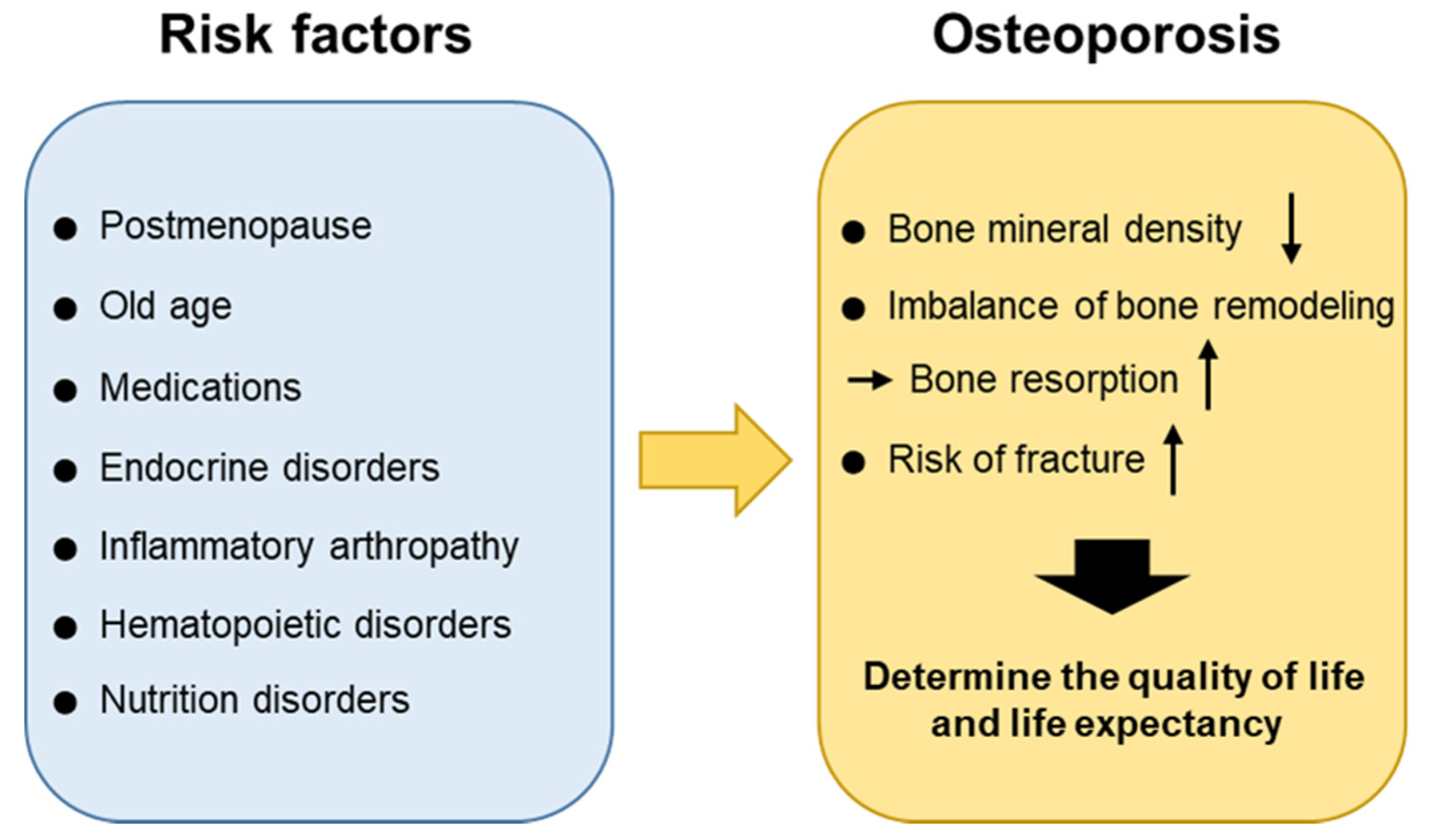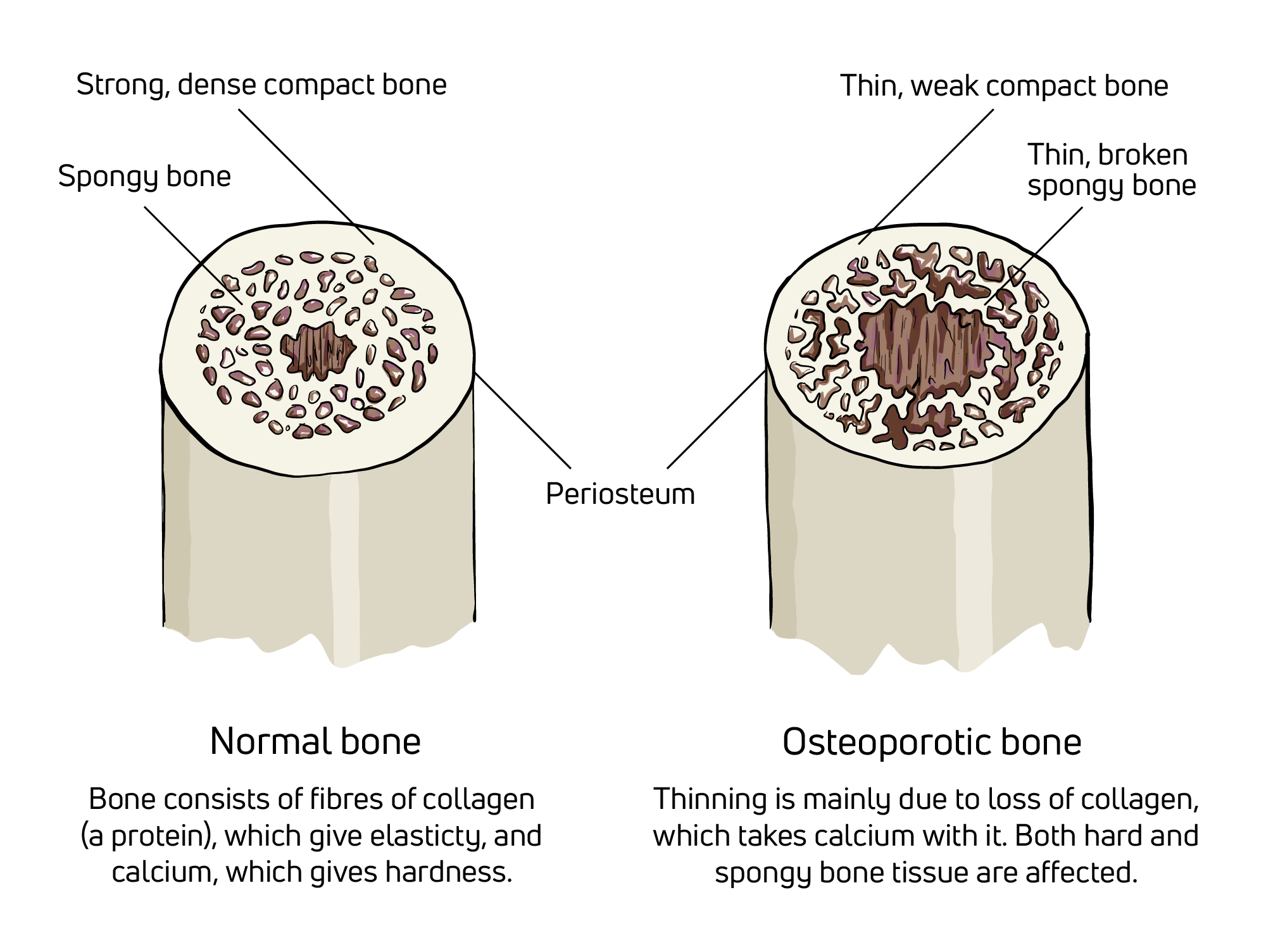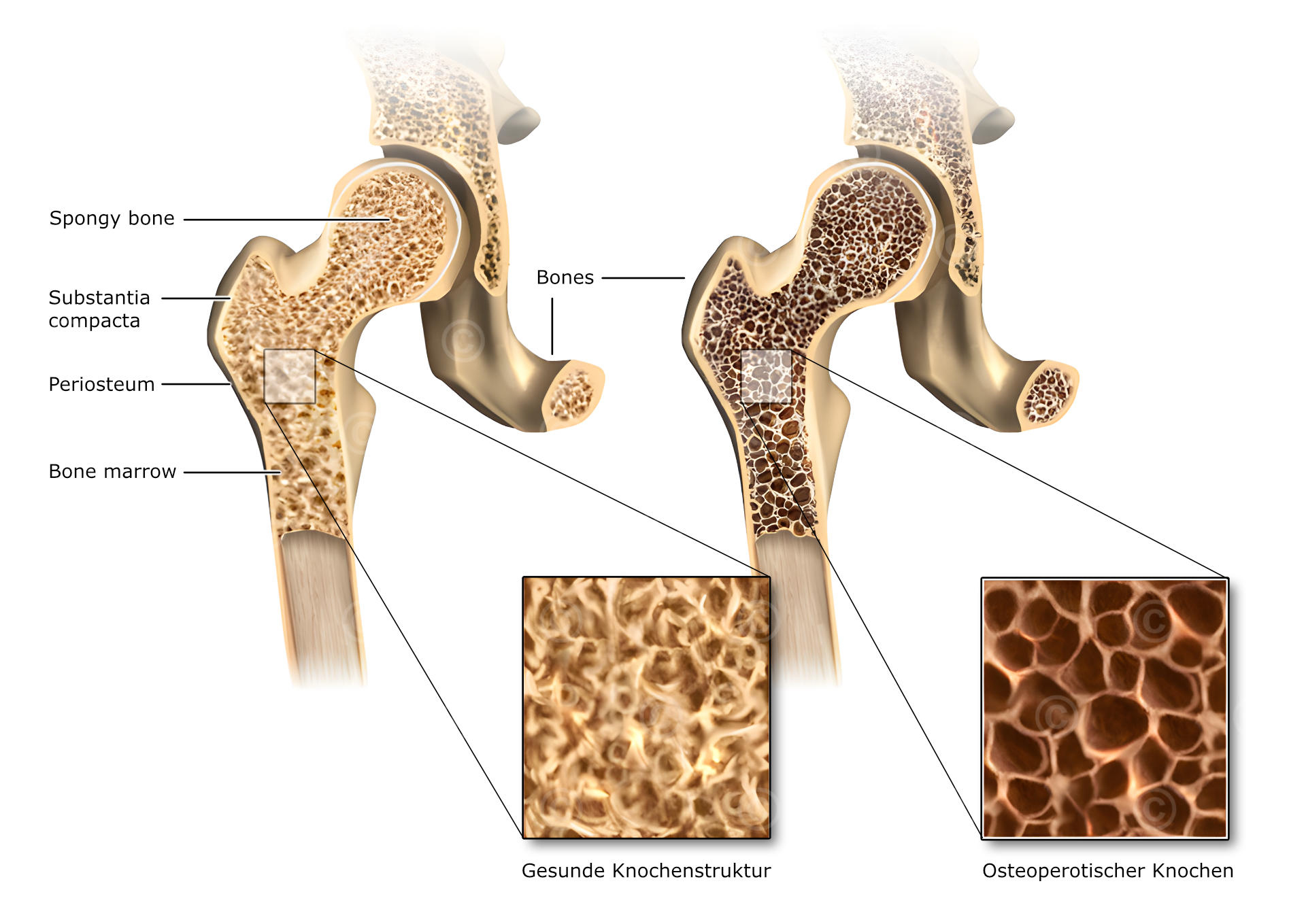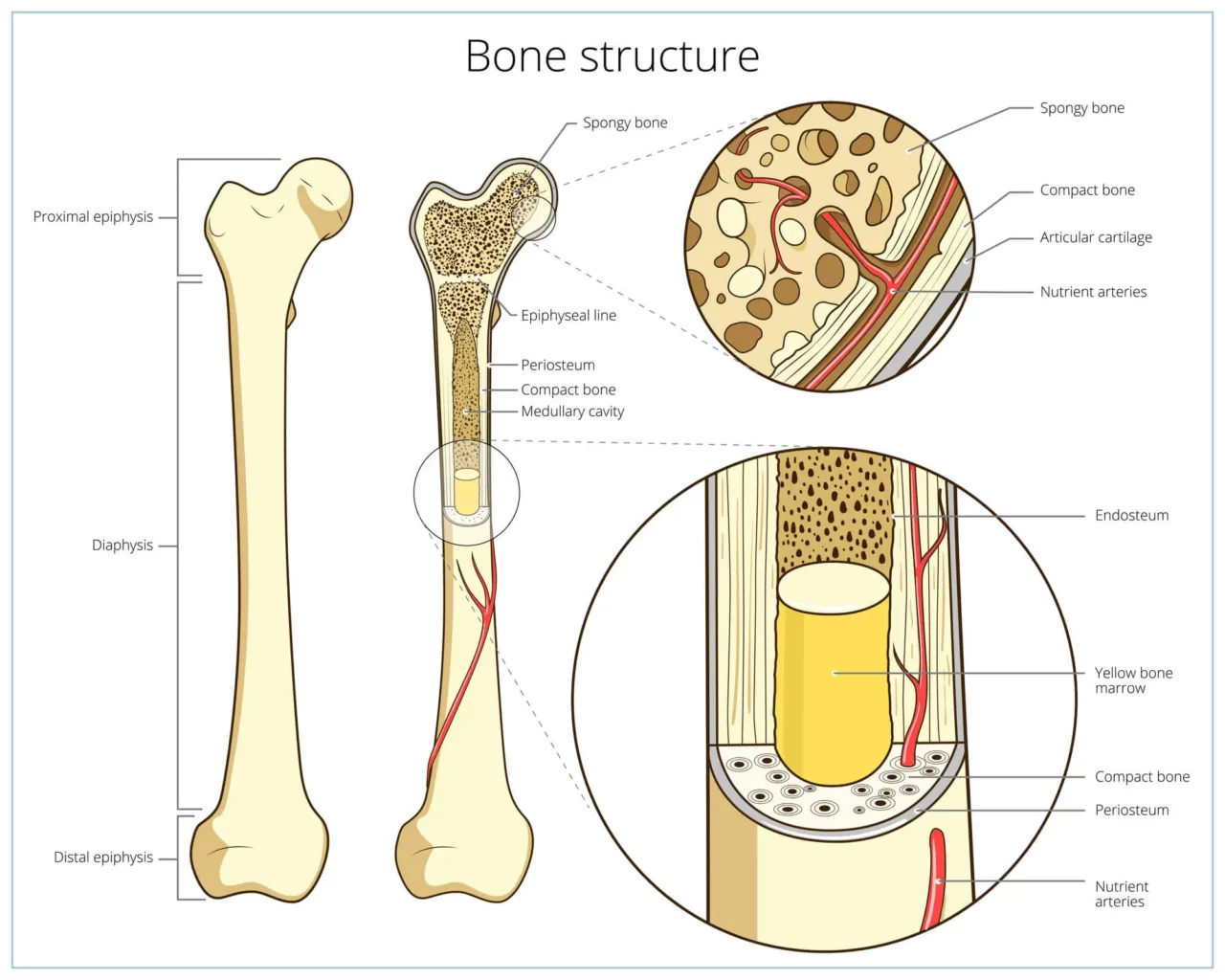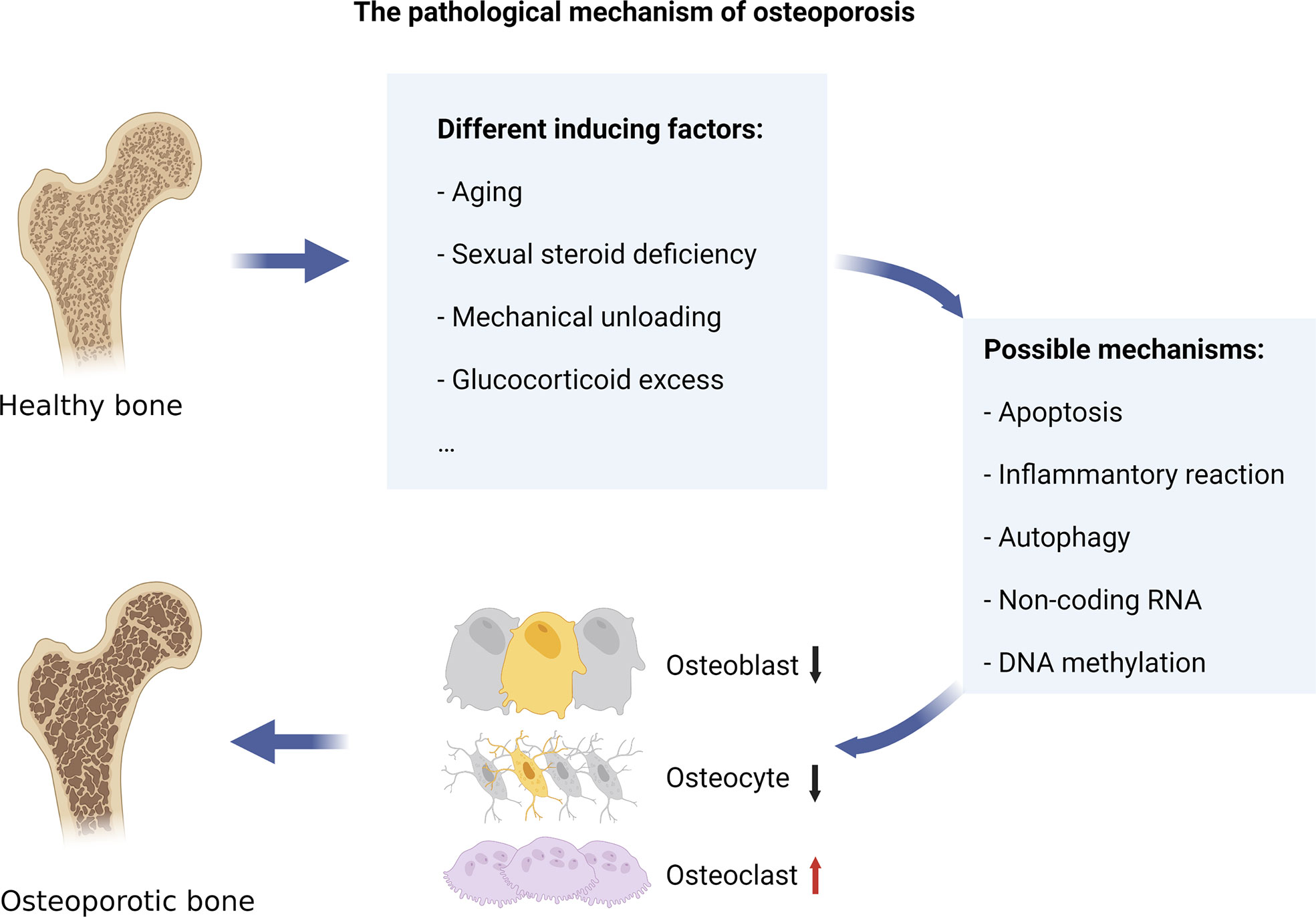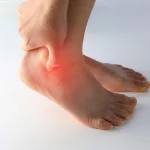
Key facts
- Osteoporosis is a chronic (long-term) disease which makes your bones more likely to break.
- Many people don’t know that they have osteoporosis until they break or fracture a bone.
- Osteoporosis can be managed through lifestyle changes and with prescription medicines that strengthen your bones.
What is osteoporosis?
Osteoporosis is a common, chronic (long-term) disease. It’s when your bones:
- become less dense
- lose minerals like calcium
- become more fragile
If you have osteoporosis, you are more likely to fracture or break a bone if you fall over.
It’s estimated that 6.2 million Australians, aged 50 years or older, had osteoporosis or osteopenia in 2022.
Osteopenia is when your bone density is between normal and osteoporosis.
What are the symptoms of osteoporosis?
Osteoporosis is a silent disease — meaning it often has no symptoms.
The most common symptom of osteoporosis is a bone fracture.
What causes osteoporosis?
Osteoporosis is caused by a decrease in your bone density. This makes your bones more fragile and easy to break.
Everyone’s bones become weaker as they age, but in some people this process happens too quickly. Women often rapidly lose bone after the onset of menopause.
Risk factors for osteoporosis
You’re more likely to develop osteoporosis if you have risk factors for the disease.
Some of these risk factors are:
- your age
- being female
- early menopause (before 45 years)
- having a history of fractures
- a family history of hip fractures
- some diseases — such as hyperthyroidism
- some medicines — such as cancer treatments and corticosteroids
You can find out more about your risk of developing osteoporosis by using the Know your Bones self-assessment tool. This tool has been developed by the Garvan Institute of Medical Research and Healthy Bones Australia.
When should I see my doctor?
If you are concerned that you have osteoporosis, you should arrange to see your doctor. By treating osteoporosis early, you have the best chance of avoiding broken bones as you get older.
Osteoporosis can run in families. Tell your doctor if you have a close family member with the disease.
You should also tell them if you have ever had a bone fracture or break due to a minor injury.
How is osteoporosis diagnosed?
Osteoporosis is diagnosed based on:
- your medical history
- a physical examination
- a bone mineral density test
Bone mineral density testing is subsidised for all people over 70 years.
How is osteoporosis treated?
There is no cure for osteoporosis, but the symptoms of your disease can be managed with medicines and lifestyle changes.
Depending on your age, sex and medical history, your doctor will recommend different treatments to help you.
The aim of treatment is to:
- strengthen your bones so that they are less likely to break
- prevent falls that could damage your bones
Your doctor may complete an osteoporosis risk assessment to help decide which treatment would be best for you.
You should be able to continue to work when you have osteoporosis.
Even after getting an osteoporosis diagnosis, many Australians don’t get treatment.
Changing your lifestyle
Lifestyle changes you can make include:
- exercise can strengthen your bones and muscles
- stop smoking
- eating a healthy diet with plenty of calcium-containing foods, such as dairy products
- having moderate exposure to sunlight (but avoid sunburn) so you get enough vitamin D
Your doctor or physiotherapist can help you build a safe exercise plan which:
- suits your needs
- reduces your risk of fracturing your bones
Medicines
If you have osteoporosis, you doctor may recommend medicines to strengthen your bones. These medicines can include:
- Bisphosphonates — to slow down the natural bone density loss process. These are either taken as pills or injected once a year.
- Denosumab — an injection given twice a year. This can also slow down the development of osteoporosis.
- Raloxifene — reduces post-menopausal bone loss.
- Menopause hormonal treatment (MHT) — can be given to females with osteoporosis.
- Teriparatide — can be helpful if you’ve had bones break when taking other medicines for osteoporosis.
Can osteoporosis be prevented?
Osteoporosis can’t be prevented, but there are some things you can do to reduce your risk of developing the disease. These are:
- eating foods containing calcium and protein
- getting enough vitamin D from the sun
- stopping smoking
- maintaining a healthy weight — this can mean losing or gaining weight, depending on your BMI
- cutting back on alcohol — drink no more than 2 standard drinks a day
- exercising — brisk walking and strength training can help your bones become stronger
What are the complications of osteoporosis?
Osteoporosis causes your bones to become fragile and more likely to break from a fall or minor injury.
The bones most likely to be affected are:
- hip
- wrist
- spine
- humerus (upper arm bone)
- pelvis
Unfortunately, hip fractures can:
- make it hard to walk
- take a long time to heal — they may stop you living independently at home
Osteoporosis can also cause you to get shorter. This is because of fractures in your spine which causes a hunched posture. This can be very painful.
Preventing falls
The most important thing you can do is to lower your risk of a fall.
Things you can do to lower your risk of falling are:
- ask for a review of your medicines
- have your eyesight checked
- wear sensible shoes with non-slip soles
- increase your fitness
- improve your diet — this can improve your muscle strength
Your doctor, physiotherapist or occupational therapist can give you tips on preventing a fall.
Recovering from a broken bone
Having osteoporosis does not affect how long it takes for your bone to heal (about 6 to 8 weeks).
During the healing process, you may need the help of a:
- physiotherapist
- occupational therapist
Your recovery will depend on the type of fracture you have.

